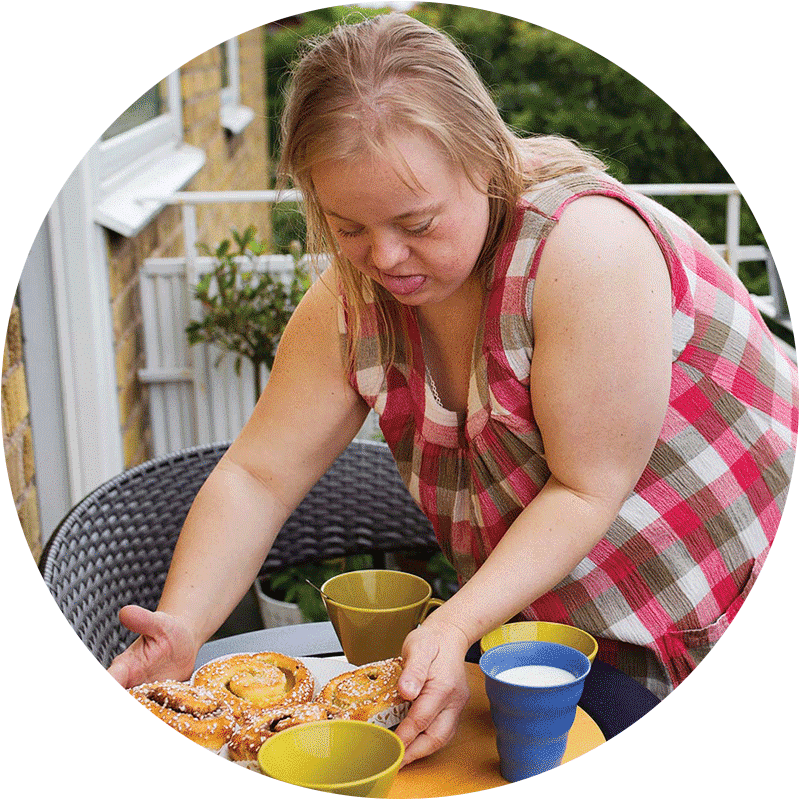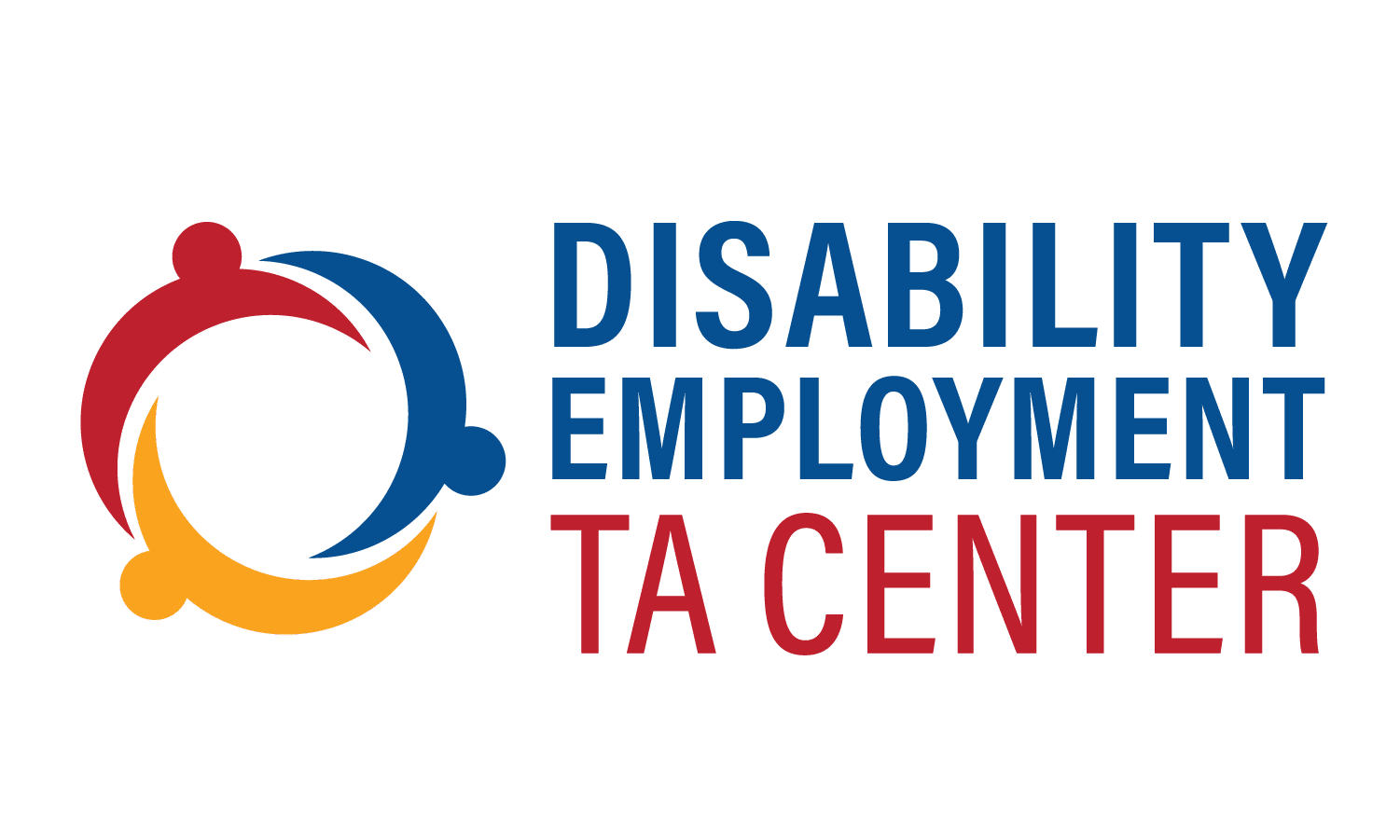RISE e-Learning Communities

Results and Innovation in Systems Excellence
The Results and Innovation in Systems Excellence (RISE) peer-learning communities are time-limited, results-oriented workgroups of AoD grantees on a specific topic related to strengthen grantees’ efforts to improve CIE and economic advancement of people with disabilities. Check out the latest RISE peer-learning communities offered, eligible AoD grantees, goals and timelines.
DETAC Announces New RISE e-Learning Communities!
DETAC Announces New Results and Innovation in Systems Excellence (RISE) Peer e-Learning Community: Show Me the Money! Accessing Medicaid Administrative Claiming for Brain Injury Services and Supports
Open to: Traumatic Brain Injury (TBI) Grantees SPACE IS LIMITED – APPLY NOW at this link: https://docs.google.com/forms/d/e/1FAIpQLSd6EwfBeUA3OGnl8gcZMXlmDmqJ16Pe8HDTKL-SvpqGZbDeiA/viewform?usp=sf_link APPLICATIONS DUE: Friday, April 19, 2024 Launch Meeting/Session 1: Wednesday, June
DETAC Announces New Results and Innovation in Systems Excellence (RISE) Peer e-Learning Community: The Past, Present and Future of CILs Facilitating Pre-Employment Transition Services
Open to: Centers for Independent Living (CILs) Applications are now closed. APPLICATIONS DUE: April 5, 2024 Acceptance letters sent by April 17, 2024 LAUNCH MEETING/1st session: April 25,
DETAC Announces New Results and Innovation in Systems Excellence (RISE) Peer e-Learning Community: Peer Support for Centers for Independent Living Building Employment Services
Open to Centers for Independent Living APPLY NOW at: https://forms.gle/s9GRNfoXtuRMHeQR8 DETAC is accepting rolling applications for this community. Please refer to application deadlines under “Session Structure and Schedule”
DETAC Announces New Results in Systems Excellence (RISE) Peer e-Learning Community: Beyond Limits: Personal Journeys Towards Employment Success
Open to ALL AoD Grantees: CILs, DD Councils, P&As, UCEDDs, TBI, and CCE SPACE IS LIMITED, SO APPLY NOW at: https://forms.gle/nTGVi6W7UL9dkm547 APPLICATIONS DUE: December 18, 2023, 5:00 PM
DETAC Announces New Results in Systems Excellence (RISE) Peer e-Learning Community: Bring Your Device Tech Training
FOR ALL GRANTEES: CILs, DD Councils, P&As, UCEDDs, TBI State Partnerships, and PNS-CCE SPACE IS LIMITED, SO APPLY NOW at: https://forms.gle/GoXrPBCBz84mj2JF6 APPLICATIONS DUE: December 20, 2023, 5:00 PM ET LAUNCH MEETING:
DETAC Announces New Results in Systems Excellence (RISE) Peer e-Learning Community: Strategies to Phase-Out 14(c)
This community ended in January 2024. To broaden the reach of these sessions, we’re excited to share a one-pager summarizing the community, providing links to all session recordings, steps you
Past RISE e-Learning Communities
2023
Engaging Diverse Communities: Implications for Competitive, Integrated Employment: Part 1: The Role of Cultural and Linguistic Competence in the Disability Space
Cultural competence and linguistic competence are widely recognized as fundamental aspects of human services. Cultural and linguistic competence are evidence-based practices that contribute to diversity, equity, and inclusion across the public and private sectors. While evidence suggests the efficacy of cultural and linguistic competence in many sectors such as social services, education, and health care ⎼ evidence of their application in disability employment has been slower to evolve. Some disability employment organizations and programs continue to struggle with the full integration of cultural and linguistic competence into their policies, structures, practices, and procedures. The design of this two-part series takes an in depth look at the conceptual frameworks of cultural competence and linguistic competence and ways to use these approaches to engage diverse communities in the disability space.
Availability: Open to all grantees
Engaging Diverse Communities: Implications for Competitive, Integrated Employment: Part 2: Engaging Minoritized Communities: Implications for Competitive Integrated Employment and Community Living
Historically, many U.S. communities experienced discrimination, marginalization, and oppression. Consistent with the past, these injustices continue to affect specific racial, ethnic, cultural, linguistic, disability, religious, and other identity groups in states, jurisdictions (DC), territories, and tribal nations. The term minoritized emerged and it is increasingly accepted as a way to describe the experiences of these communities and the people who reside in them. Used as a verb, selected definitions indicate the inherent intentionality and active nature of “minoritized” for many social groups. Engaging communities that have experienced historical trauma can be daunting. Those attempting to engage these communities are often challenged by reticence, suspicion, restraint, lack of trust, and attributed in part to lived experiences (past and current) of many community members. This two-part series is designed to: (1) examine historical trauma and its impact on persons with disabilities, their families, and the communities in which they live; and (2) highlight the role of cultural brokering to engage members of minoritized communities.
Availability: Open to all grantees
Customized Job Development
Description: AoD grantees that support individuals with disabilities to obtain and retain competitive, integrated employment (CIE) face challenges in ensuring that people with disabilities obtain jobs that match their interests and skills and that pay living wages. If your organization is experiencing challenges related to securing CIE for people with disabilities or has limited knowledge and/or resources in employment or partnerships to support the advancement of CIE for individuals with complex disabilities in your state, then this Peer e-Learning Community on key strategies of Customized Job Development is for you!
Join us as we gain a broader perspective of innovative strategies to assist persons in obtaining CIE. We will learn from each other and brainstorm strategies to leverage collaborative partnerships and how to integrate this information into the work of your organization and the community to advance competitive, integrated employment for people with disabilities.
Availability: Open to all grantees
2022
Assistive Technology and Employment
This Results in Systems Excellence (RISE) Peer eLearning Community was open to all grantees. Participants reviewed both traditional and new tools / resources to gain a broader perspective, brainstorm strategies to leverage collaborative partners, integrate smart screen technology on a larger scale, and plan for successful implementation of AT structures within organizations to advance competitive, integrated employment for people with disabilities.
Availability: Open to all grantees
Financial Inclusion Matters in Achieving Economic Self-Sufficiency and Employment
This Results in Systems Excellence (RISE) Peer eLearning Community was open to all grantees. The cohort was focused on identifying, prioritizing, and learning how to adopt solutions meant to unravel opportunities and improve competitive, integrated employment options and economic self-sufficiency for individuals with disabilities.
Availability: Open to all grantees
Employer Engagement and Partnership
This Results in Systems Excellence (RISE) Peer eLearning Community was open to all grantees. Participants had the opportunity to assess the current level of partnerships with employers, engage specific employers in strategic engagement activities to increase the level of partnership and evaluate the benefits and impact of one or more partnerships with employers.
Availability: Open to all grantees
2021
Councils and Employment
This Results in Systems Excellence (RISE) Peer eLearning Community was facilitated solely for State Councils on Developmental Disabilities that needed support around the employment goals in their plans. The structure of the eLearning Community was broad group meetings with 1:1 consultation embedded in the technical assistance.
Availability: Open to Councils only
Building Back Better
This Results in Systems Excellence (RISE) Peer eLearning Community was open to all grantees. The focus of the eLearning Community was to build out and build up employment through helping participants develop or enhance their vision for the future in the local community and state, whether it be through policy reform, program implementation, or direct support provision.
Availability: Open to all grantees
Walking the Walk
Prioritizing Diversity, Equity and Inclusion in Organizational Culture and Programming to Support People with Disabilities to Achieve Maximum CIE: This Results in Systems Excellence (RISE) Peer eLearning Community was open to all grantees. It provided resources, tips, a safe space for conversation and learning focused at building equity in policy and programming to support the advancement of people with disabilities from marginalized communities in employment.
Availability: Open to all grantees

